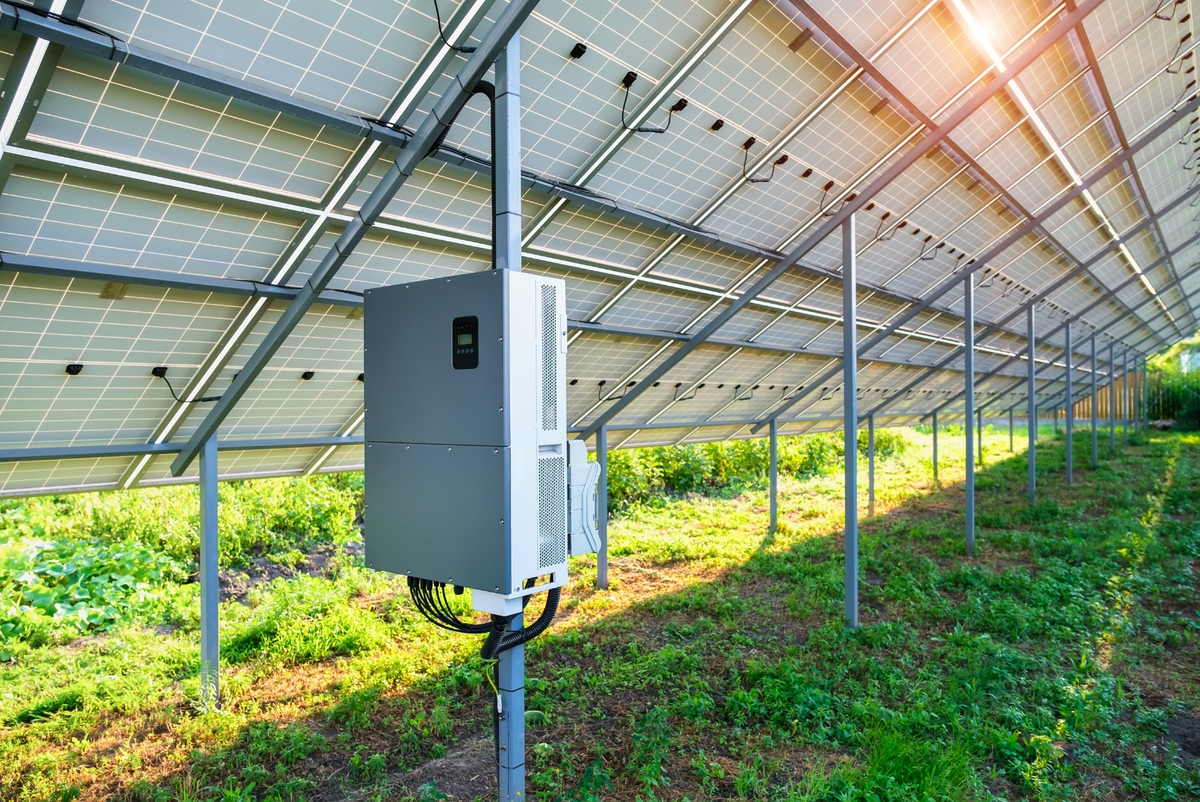European Solar Inverter Industry Seeks Major IPCEI Boost Amidst Global Competition

The European solar inverter industry is making a concerted push to secure a significant boost through the Important Project of Common European Interest (IPCEI) amidst increasing competition from global manufacturers. Representatives from the sector, including Dries Acke, Deputy CEO of SolarPower Europe, have initiated the proposal titled "Inverters 2.0: Strengthening Europe’s Inverter Industry" to Kerstin Jorna of the European Commission. The project aims to enhance technological innovation, focusing on power electronics, material efficiency, grid integration, and cybersecurity.
The IPCEI proposal underscores the urgent need to maintain and strengthen Europe’s competitive edge in the solar inverter market. Solar inverters, crucial for converting direct current from solar panels into alternating current for the power grid, are facing stiff competition, particularly from manufacturers outside the European Union. By securing IPCEI status, the industry hopes to mobilize significant public and private investments, driving advancements that could solidify Europe's leadership in this critical technology.
Germany, Austria, Spain, and Italy are expected to spearhead the IPCEI initiative. These countries have a strong industrial base and are already key players in the solar energy sector. Their involvement is crucial for pooling resources and expertise, ensuring that Europe remains at the forefront of solar technology innovation. The initiative is also a strategic response to the growing pressure from non-EU competitors who have been rapidly advancing their technologies and capturing larger market shares.
The project outlines several key objectives. First, it aims to advance power electronics technology, making inverters more efficient and capable of handling higher power loads. Second, it seeks to reduce the materials needed for production, thereby lowering costs and environmental impact. Third, the project focuses on improving the integration of inverters with the power grid, ensuring they can effectively support the stability and reliability of electricity supply. Finally, it emphasizes the importance of cybersecurity, protecting the energy infrastructure from potential threats.
The European Commission's evaluation of the IPCEI proposal is anticipated to take place in Q4 2024. This timeline allows for thorough consideration of the project's potential impact on the European economy and its alignment with the EU's broader strategic goals. If approved, the IPCEI status could unlock substantial funding and foster collaboration across borders, accelerating innovation and deployment of advanced inverter technologies.

